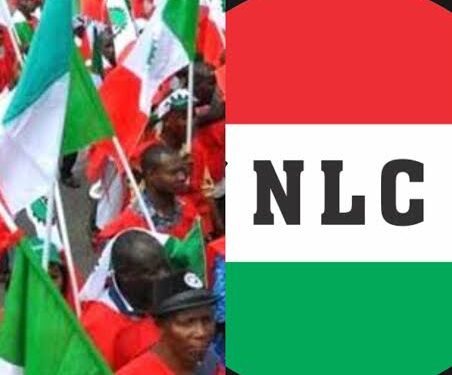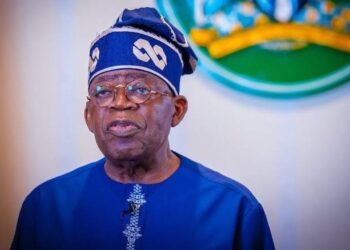After extensive negotiations, the federal government and Organised Labour have reached a significant agreement on Nigeria’s new national minimum wage, setting it at N70,000 following months of deliberation. The announcement was made by Minister of Information Mohammed Idris, who addressed State House correspondents after a crucial meeting between President Bola Tinubu and Labour representatives at the presidential villa in Abuja.
Idris described the agreement as a pivotal moment for Nigeria, marking a substantial increase from the previously discussed N62,000 but falling short of Labour’s initial demand of N250,000. A notable aspect of the new deal is the reduction in the review period from five years to three years, reflecting a compromise aimed at addressing Labour’s concerns more frequently.
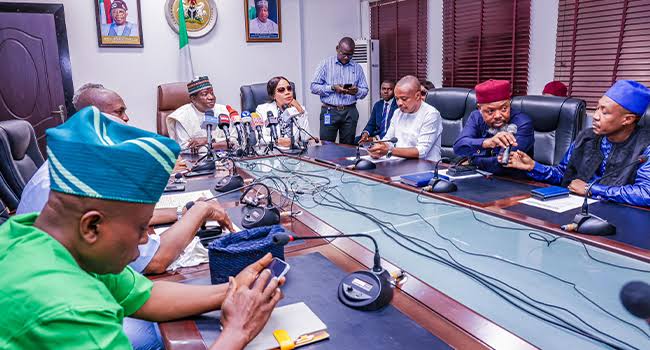
“We are pleased to announce today that the federal government and Organised Labour have agreed to raise the minimum wage from the earlier proposed N62,000 to N70,000,” stated Idris. He further elaborated on additional commitments from the government, including substantial investments in infrastructure and renewable energy initiatives, particularly in promoting Compressed Natural Gas (CNG) compliance across Nigeria.
Acknowledging Labour’s role in the negotiations, Idris commended their patriotism in striving for national unity and prosperity. He expressed gratitude to President Tinubu, state governments, and the private sector for their collaborative efforts in resolving this critical issue.
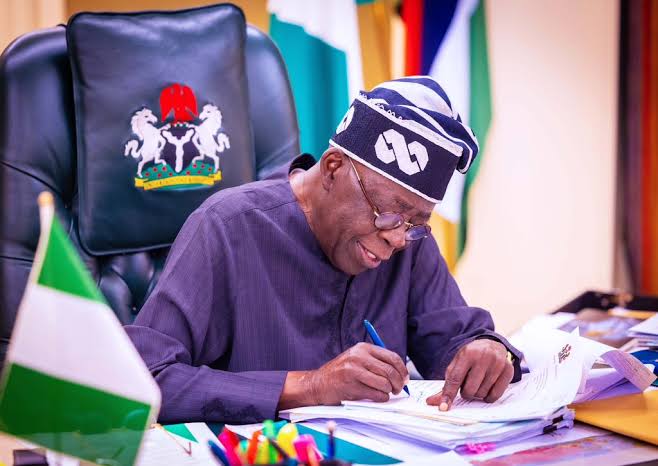
Minister of State for Labour and Employment, Nkiruka Onyejeocha, emphasized the significance of the shorter review period, ensuring that adjustments to the minimum wage align more promptly with economic realities. This sentiment was echoed by President of the Nigeria Labour Congress (NLC), Joe Ajaero, who underscored the importance of avoiding prolonged intervals between wage reviews to maintain parity with economic fluctuations.
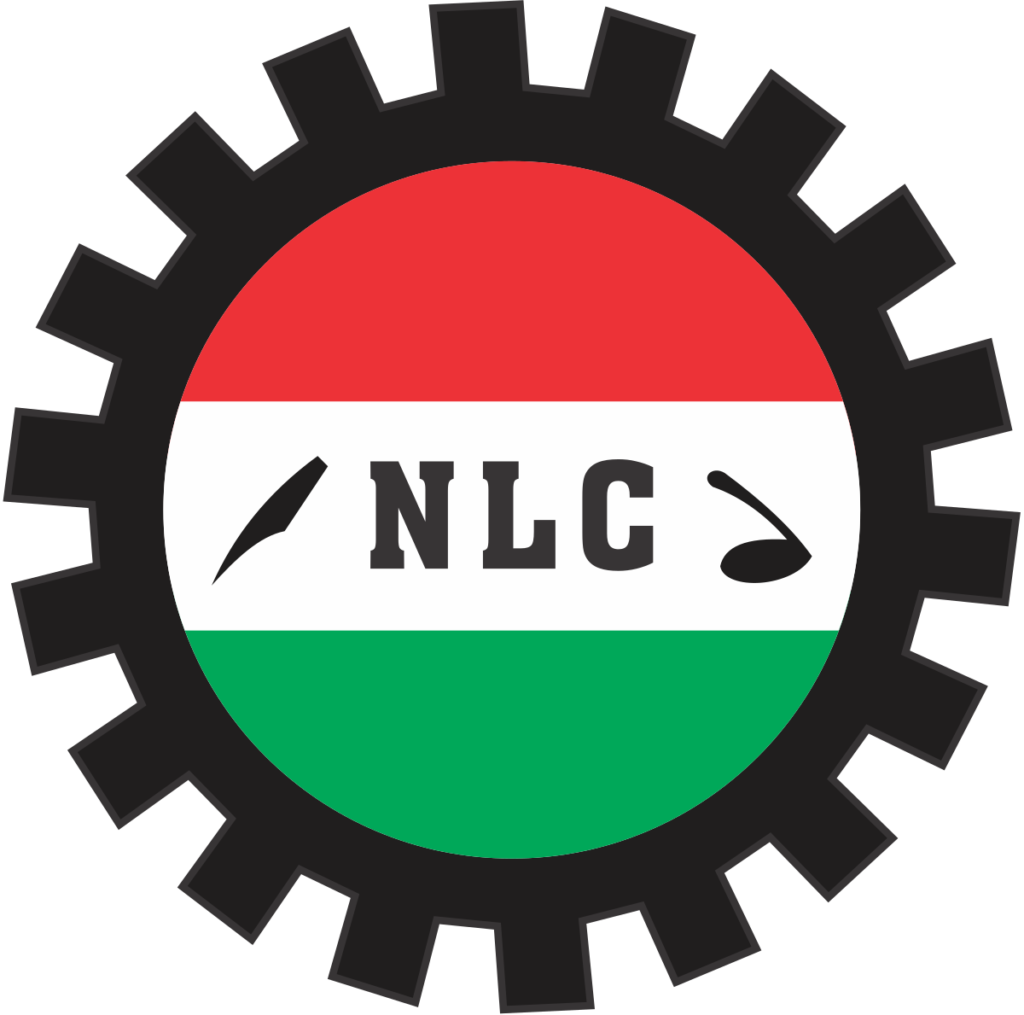
Despite cautious optimism expressed by Labour leaders such as Ajaero and Trade Union Congress (TUC) President Festus Osifo, who highlighted the need for vigilance amidst economic uncertainties, there was general satisfaction with the agreement’s provisions. Osifo particularly noted the government’s commitment to resolving issues affecting university staff, highlighting the importance of maintaining operational stability within higher education institutions.
Looking forward, the agreement is expected to undergo legislative processes for formal adoption by the National Assembly in the coming weeks. The government’s assurances regarding infrastructure development and renewable energy initiatives are poised to complement the wage increase, aiming to bolster economic resilience and sustainable growth across Nigeria.
In conclusion, the agreement on the new national minimum wage represents a significant milestone in the ongoing efforts to enhance living standards and economic stability in Nigeria. It reflects a balanced compromise between government policies and Labour’s advocacy for fair wages and economic justice, setting a precedent for future negotiations and collaborations in the country’s socio-economic landscape.


